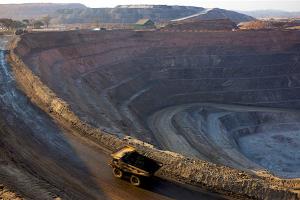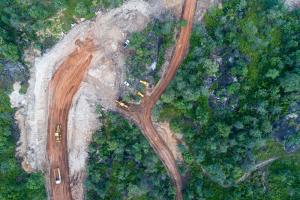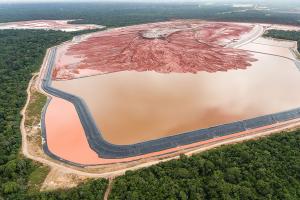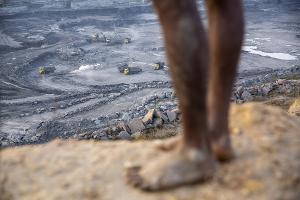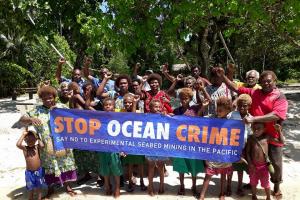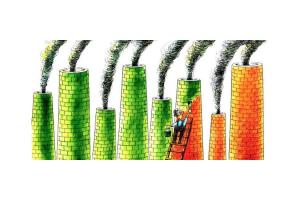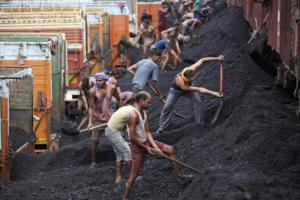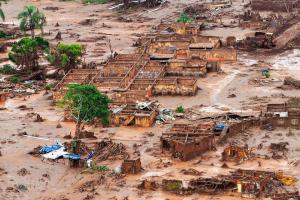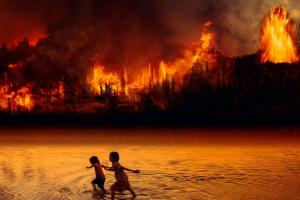Large-Scale Mining
Fueled by ever-increasing demand and the boom-and-bust cycles of global commodity markets, large-scale mining destroys forests and pollutes soil, air and water. Violent conflicts, sexual exploitation, criminalization and displacement of communities living in forests destroyed for mining, are examples of social impacts that are inherently linked with the mining industry.
This bulletin highlights threats involved in the so-called “energy transition,” and exposes its dirty secret of exponential expansion of mining in the global South as a consequence of the massive demand for “green” energy.
An oxymoron describes "a statement that seems to say two opposite things." The World Bank has a lot of experience with oxymoronic initiatives.
Australian company Base Resources was allowed to destroy the Mikea Forest as long as it established an offset project, which, in turn, would impose far-reaching restrictions on communities to access their land and forests.
The growth of mineral extraction and metallurgical production, along with the consequent proliferation of toxic waste tailings dams, has occurred at the same rate as the emptying and bursting of tailings dams in several parts of the world.
The money that the Indian Government collects from companies destroying forests, such as mining companies, is being used to harass, persecute and evict people from the so-called Protected Areas, such as the Tiger Reserves, National Parks and Wild Life Sanctuaries.
Governments and transnational corporations backed up by multilateral financial institutions, together with Pacific Island nations, are racing to divide up the ocean under the narratives of so-called sustainable Blue Economy and Blue Growth, to justify its exploitation.
The European Union’s policy pursues growth at any price. “Green” technologies require an increasing amount and variety of metals and minerals. Millions of public funds flow every year from the European Investment Bank to mining projects—under the cloak of “development.”
“Shock” is a common reaction when a crisis emerges… or when it comes to light. However, it also provides a convenient smoke screen for governments, financial institutions and companies behind which they can hide their own role in and responsibility for the current crises in the forests.
An inteview with Winnie Overbeek, the International Coodinator of the WRM, about the causes and the impacts of the deforestation in the Amazon.
